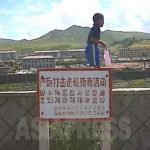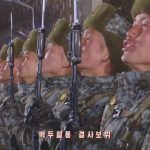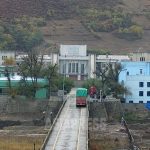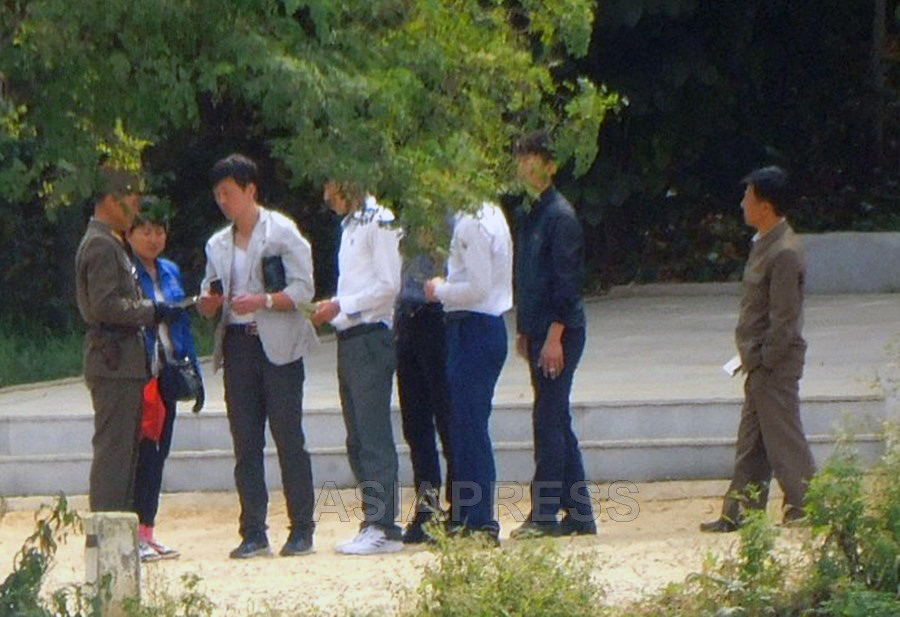
In North Korean society, the concept of privacy in communication doesn't exist. It's common knowledge among residents that their phone calls are wiretapped by security agencies. This began to change when mobile phone services were introduced in December 2008. As smartphones began to spread around 2010, the Kim Jong-un regime found itself struggling to control these new multifunctional devices.
North Korean smartphones can take and share photos and videos. In messages (called "notifications"), people can use coded language. "Burner phones" became widespread, created by paying poor people cash or rice to register phones in their names. Those who lend their names have no idea who's actually using the phones registered under their identity.
"Burner phones" brought a degree of communication freedom to North Korea. For instance, if users criticized or gossiped about Kim Jong-un among themselves, authorities would have difficulty tracking them down.
Korean dramas, movies, and K-pop smuggled from South Korea began spreading among young people through smartphones. It also became trendy to imitate South Korean speech patterns in text messages.
※ According to South Korea's Institute for National Unification, North Korea had an estimated 6 million mobile phones in use as of 2021, with a penetration rate of about 30%.
◆Kim Jong-un Regime's Intensified Crackdown
Frustrated by this situation, North Korean authorities launched aggressive crackdowns around 2019. Surprisingly, their methods were quite primitive—patrol teams would stop people on the street and manually check the contents of their mobile devices.
"They inspect text messages, photos, and videos stored on phones. People sometimes take family photos with their phones, right? They examine everything, and if they find anything suspicious, they confiscate the phone. Specialized departments then recover even deleted data," explains a reporting partner in the northern region.
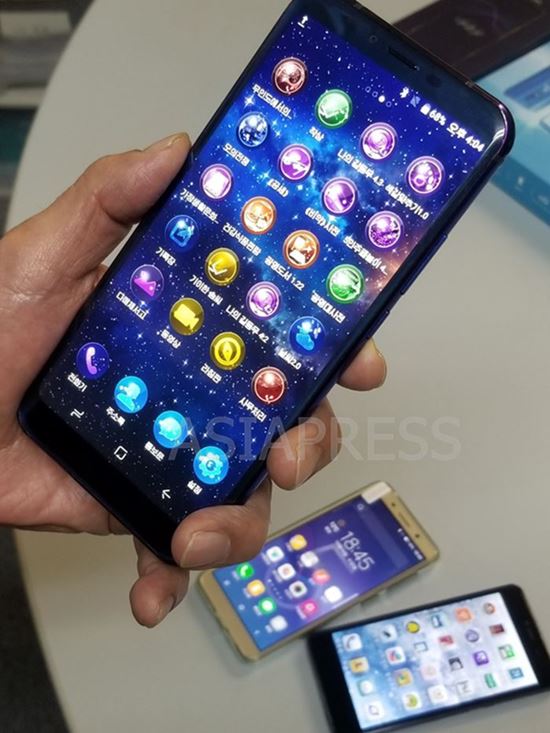
◆University Students Push Back Against Inspection
In late March, there was a minor incident in Hyesan, Ryanggang Province, according to a local reporting partner. Here's what happened:
In front of the city's youth center, the police department’s "inspection unit" (a morality enforcement arm of the police) tried to inspect a university couple's phones, leading to an argument.
"Show us what's in your phone," they demanded. "No," the students replied. The male student, unable to contain his anger, shouted, "Do you have a search warrant? What crime have I committed?" and smashed his own phone.
The inspectors had targeted them after spotting the couple looking at a smartphone screen while wearing earphones in a park near the youth center.
When they refused the inspection and destroyed the phone, the unit assumed they were hiding illegal content and arrested the couple.
During the investigation, it turned out they were trying to hide "romantic videos"—apparently, they had recorded intimate moments together on the smartphone.



